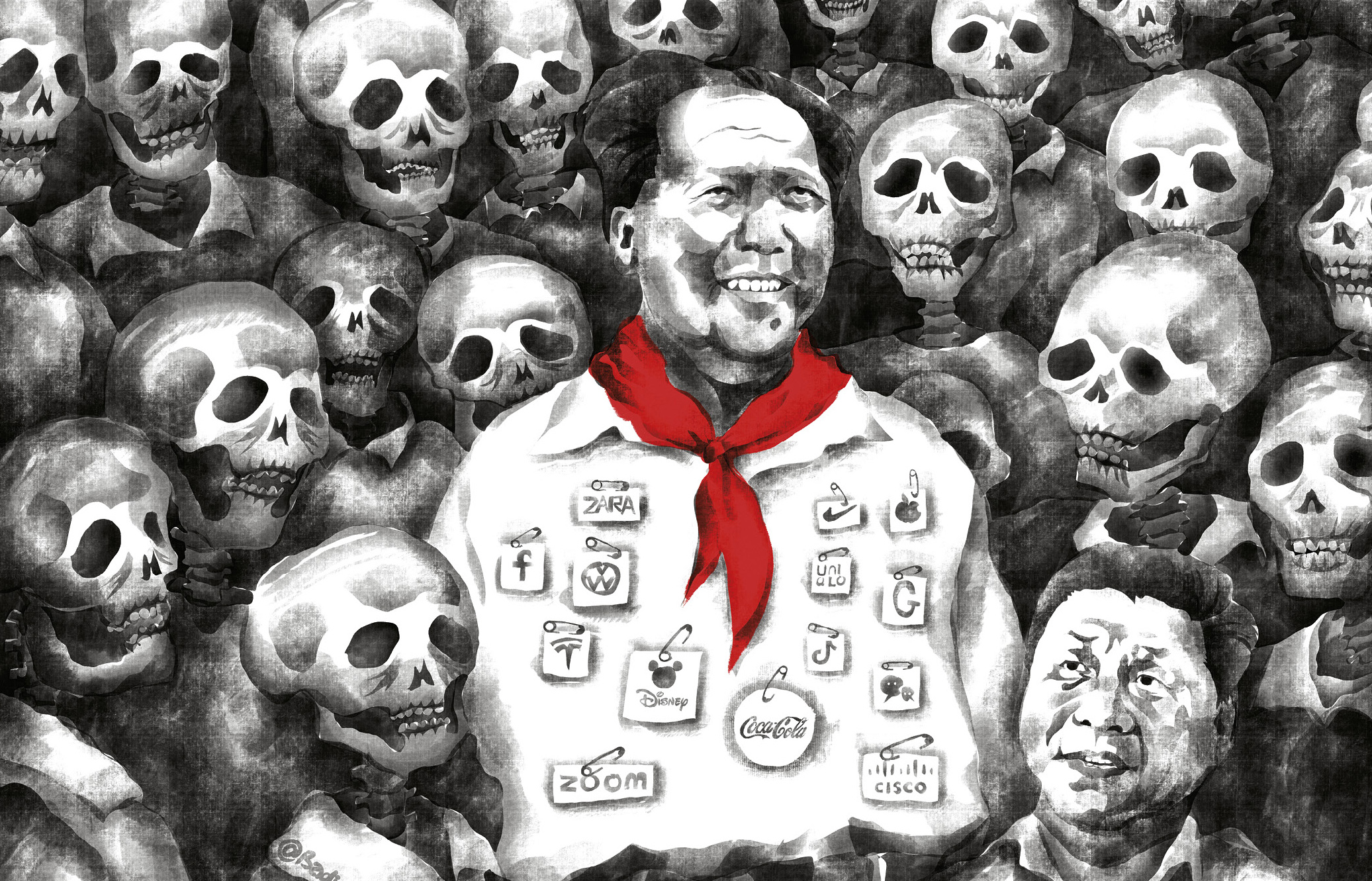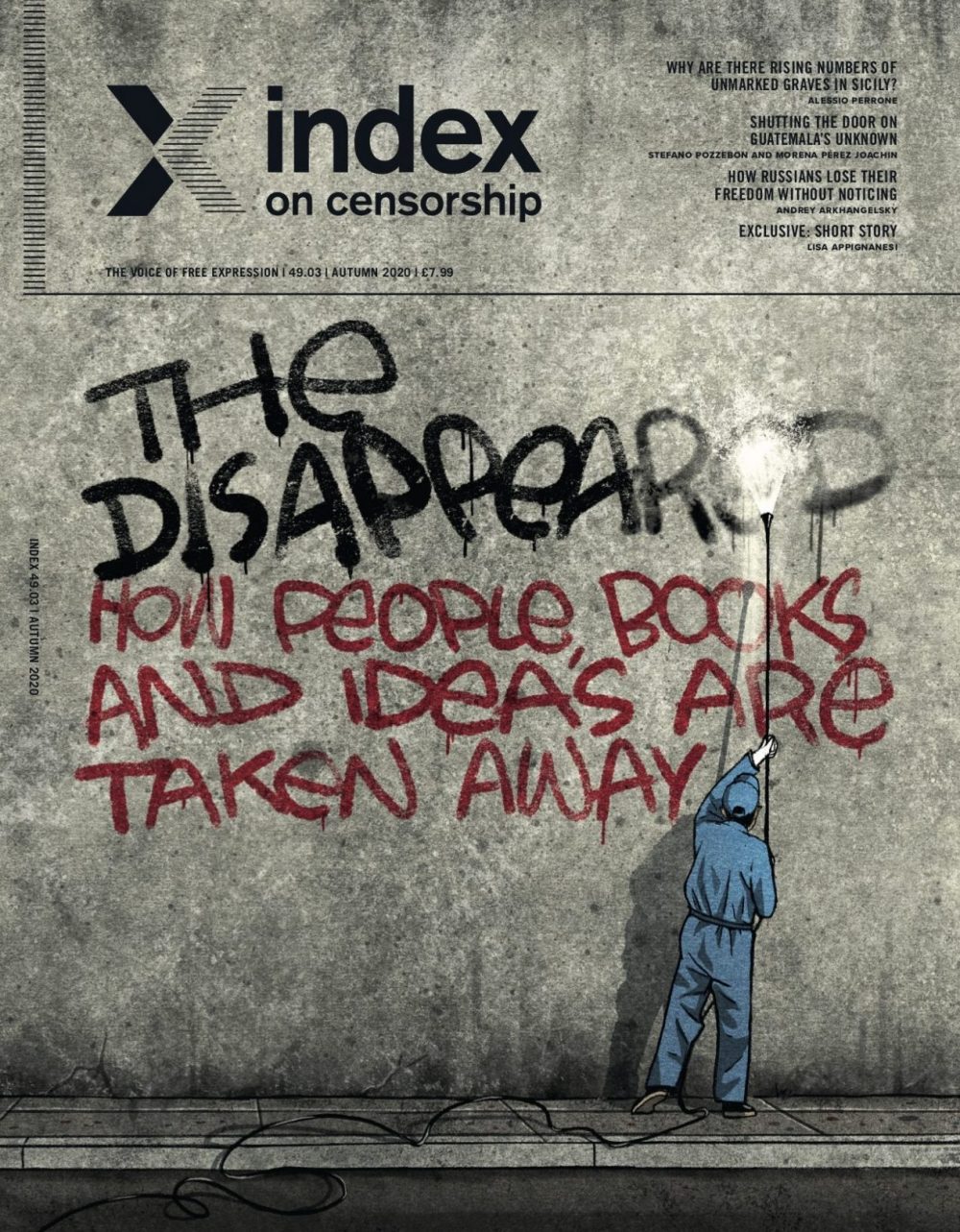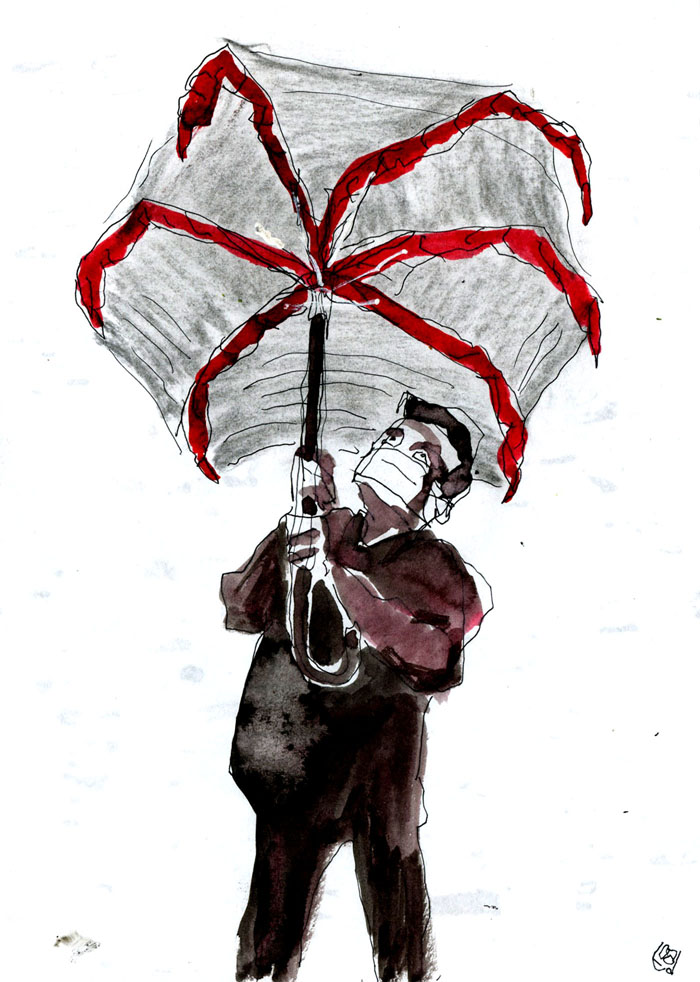Celebrated author Ma Jian reflects on the terrible legacy of the Chinese Communist Party in its centenary year
CATEGORY: Magazine
Contents – Masked by Covid: The underreported stories of 2020 that must be heard
A look at what’s inside our Winter 2020 issue, which looks at the stories that should have received more attention were it not for Covid
Masked by Covid
The underreported stories of 2020 that need to be heard
From the moment Chinese state media announced a novel coronavirus back in January, the whole world has been transfixed by news of Covid-19. News cycles that are almost exclusively on the virus has fed into the hands of dictators, who have not only used it as an excuse to clampdown on media freedoms, but also as a cover hoping in our distraction we won’t speak up. Many stories that would otherwise have dominated headlines and angered the world have slipped through the cracks. Stories like the Nicaraguan leader pushing through a series of bills that will silence what little independent media is left. Bianca Jagger asks us why we haven’t paid more attention. Stories like the Chinese government imposing Mandarin-Chinese language tuition on Inner Mongolian schools – a move with such grave implications for cultural autonomy that people have taken their lives. Stories like a new leader in Slovenia, who like Polish and Hungarian leaders is far-right and taking aim at journalists and minorities. With writing from people on the ground and area experts, we cover these stories in our special report. Outside the special report we have our very first debate on whether social media companies have a moral duty to ban anti-vaxx misinformation, the philosopher John Gray discusses whether John Stuart Mill has contributed to the culture wars, Nick Holdstock looks at the history of Xinjiang in China to shed light on the current atrocities there and in our culture section we publish poetry from Uighurs who have disappeared into the Xinjiang camps.
Exclusive: New short story from award-winning writer Lisa Appignanesi
Lisa Appignanesi speaks to Rachael Jolley about the inspiration for her new short story, which looks at ageing and how it plays out during lockdown
Editor’s letter: All hail those who speak out
Rachael Jolley introduces the autumn 2020 issue of Index on Censorship magazine, which looks at how and why our freedoms disappear and those who are willing to stand up for them
Contents – The Disappeared: How people, books and ideas are taken away
The complete list of contents for the Autumn 2020 issue of Index on Censorship
Podcast: The Disappeared: How people, books and ideas are taken away, with Oliver Farry and Michella Oré
The autumn 2020 podcast covers the theme of the Disappeared: How people, books and ideas are taken away, with Oliver Farry and Michella Oré
The Disappeared
When Hong Kong passed the National Security Law at the end of June, many things disappeared in the city overnight. Some were long-held principles of democracy and free speech; others were more tangible things, as Oliver Farry writes, like books on the protest movement, posters promoting an independent Hong Kong, and people who either fled the city or were arrested. But Hong Kong is not the only place in the world where things are disappearing. Across the border in China, Rushan Abbas does not know where her sister is, a Uighur who has vanished in China’s vast network of concentration camps. In Europe, countless perish in the Mediterranean Sea, their graves unmarked, as Alessio Perrone investigates. Some are trying to find answers. Laura Silvia Battaglia speaks to a film director whose new documentary on Syria’s disappeared traces two heart-breaking stories. And some are trying to stop answers being out of reach, as Jessica Ní Mhainín explores when she talks to people from Ireland who are fighting to keep archives about historic child abuse open. Outside the special report we have a new short story from Lisa Appignanesi, we ask Donald Trump voters from 2016 whether he has listened to those “forgotten Americans” and a look at how street art has been used during Covid-19 for important political statements.
The Harpers open debate letter: a reading list
The signatories to a letter in Harpers magazine about open debate are familiar to Index magazine
The view from Hong Kong in 1997: an Index reading list
A reading list of articles from the Index archive when Hongkongers were wondering what the handover from Britain to China would mean
Quiz: How well do you know your privacy facts?
How much do you actually know about tracking apps after months of reading about them? Take our quiz and see
Does using Covid-19 apps have free speech implications?
Our reporters in Spain, Italy and South Korea talk to citizens about the free speech implications of using Covid apps
A quarterly journal set up in 1972, Index on Censorship magazine has published oppressed writers and refused to be silenced across hundreds of issues.
The brainchild of the poet Stephen Spender, and translator Michael Scammell, the magazine’s very first issue included a never-before-published poem, written while serving a sentence in a labour camp, by the Soviet dissident Aleksandr Solzhenitsyn, who went on to win a Nobel prize later that year.
The magazine continued to be a thorn in the side of Soviet censors, but its scope was far wider. From the beginning, Index declared its mission to stand up for free expression as a fundamental human right for people everywhere – it was particularly vocal in its coverage of the oppressive military regimes of southern Europe and Latin America but was also clear that freedom of expression was not only a problem in faraway dictatorships. The winter 1979 issue, for example, reported on a controversy in the United States in which the Public Broadcasting Service had heavily edited a documentary about racism in Britain and then gone to court attempting to prevent screenings of the original version. Learn more.









